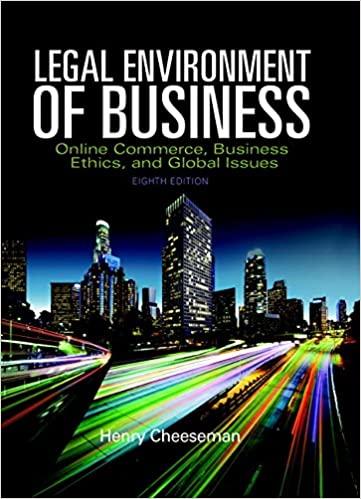Question
[When Worlds Collide: Addressing Off-Duty Employee Misconduct]), according to Mark Mendl and Jordan Kirkness ([When Worlds Collide: Addressing Off-Duty Employee Misconduct]). Many people believe that
[When Worlds Collide: Addressing Off-Duty Employee Misconduct]), according to Mark Mendl and Jordan Kirkness ([When Worlds Collide: Addressing Off-Duty Employee Misconduct]).
Many people believe that employers should not regulate what employees do on their own time, but the line between work and personal life is not always clear.
Off-duty misconduct, such as criminal or morally reprehensible behavior, may result in employee discipline or even dismissal, as recent high-profile cases have demonstrated.
It is widely accepted that employers can control their employees' behavior **at work** by enacting reasonable rules, policies, and procedures. Employers, on the other hand, are increasingly having to make difficult decisions about employee misconduct that occurs **outside the workplace**.
Explain what you believe are the appropriate boundaries for employees' responsibilities to their employer when they are not in the workplace, based on the required readings up to this point in the course and your own experiences. Do you believe that employees have any responsibilities to their employer when they are not at work? Is it important that the employees are managers?
Step by Step Solution
There are 3 Steps involved in it
Step: 1

Get Instant Access to Expert-Tailored Solutions
See step-by-step solutions with expert insights and AI powered tools for academic success
Step: 2

Step: 3

Ace Your Homework with AI
Get the answers you need in no time with our AI-driven, step-by-step assistance
Get Started


